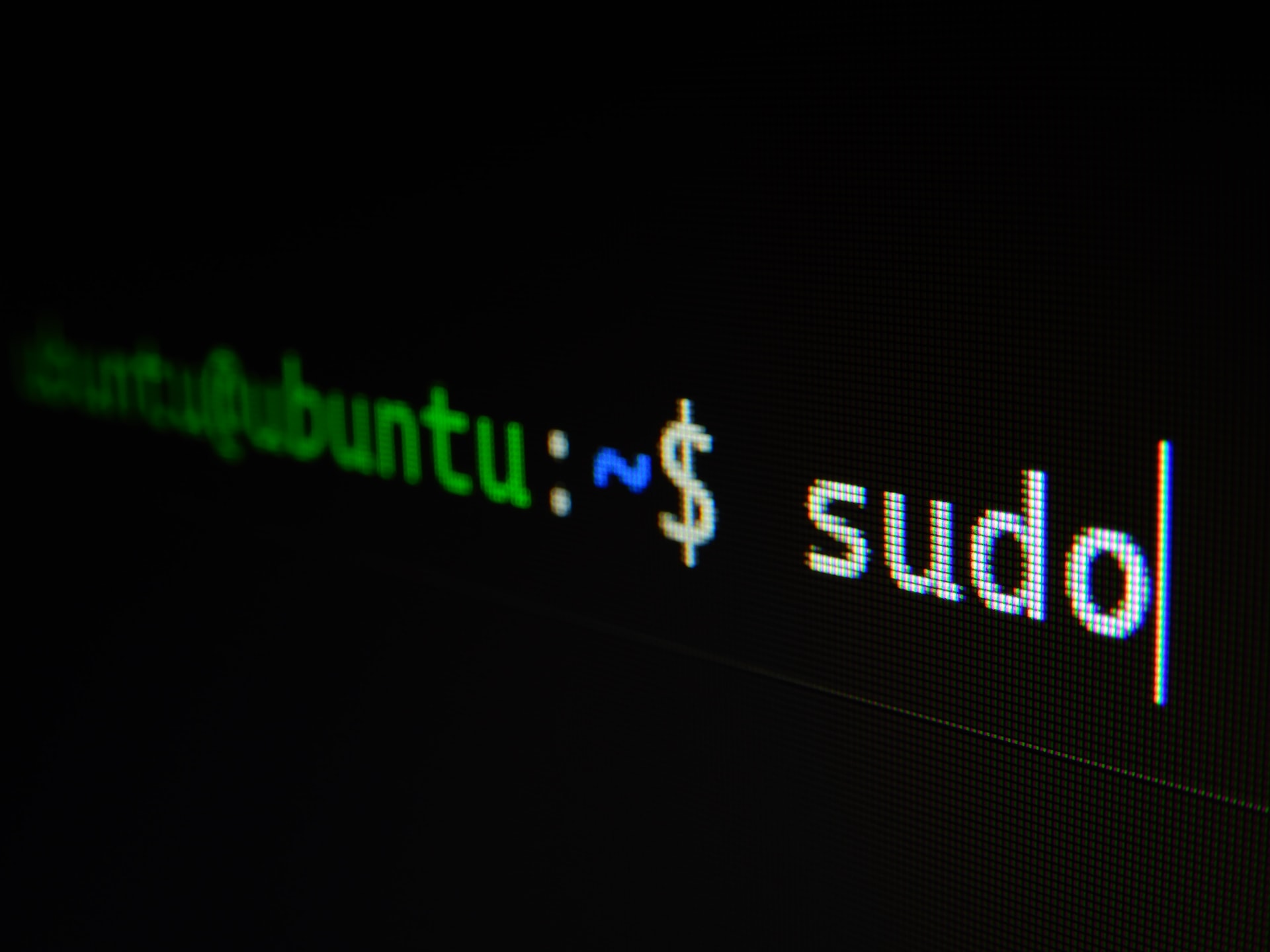Are We Required to Know Basic Linux Commands if We Have Linux-Based Hosting?

Are you considering hosting your website using a Linux-based system, but are not sure if you need to know basic Linux commands? Worry not – this educational guide for hosted users will provide all the information you need about the knowledge of Linux commands you need to have when hosting with a Linux-based system.
When it comes to hosting a website, the technical know-how varies depending on the type of hosting you choose. Generally speaking, hosting with a Linux-based system requires the user to have a basic understanding of Linux commands. These commands are essential to manage settings, files, and permission access to your website. Without this knowledge users may run into difficulties when trying to upload, manage, customize, and maintain their website.
Fortunately for users who are not familiar with Linux, the Linux commands are relatively simple and easy to learn. Most commands are familiar to the user, making them easily understandable. It is also possible to find tutorials and manuals that walk inexperienced users through simple Linux commands, helping them make the most of their Linux-based hosting.
Whether you’re a web designer, a web developer, or a regular visitor, understanding basic Linux commands is beneficial to anyone who’s hosting with a Linux-based system. By learning the basics you can gain a much better understanding of a website’s numerous functions and purposes, allowing you to make the most of your hosting setup. Not to mention having the confidence to troubleshoot issues quickly and effectively should they arise.
Overall, if you’re hosting with a Linux-based system then having a basic knowledge of Linux commands is essential to successful user experience. As such, we recommend that those who are unfamiliar with Linux take the time to familiarize themselves with the basics. With tutorials and manuals available, there’s no easier way for users to gain the knowledge and confidence needed to make the most of Linux-based hosting.
As more businesses around the world rely on Linux-based hosting solutions to power their websites, the question of whether or not businesses and users are expected to know basic Linux commands is becoming increasingly relevant. The short answer is, “It depends.”
For some businesses and users, it may not be necessary to become familiar with Linux and its command line syntax, but for others, it may be an important part of their hosting education. Before making a decision, it’s important to understand the pros and cons of learning basic Linux commands.
One of the benefits of being familiar with Linux-based hosting solutions is the potential for creating a more secure environment for your website. By understanding the fundamentals of the operating system and its commands, users can manipulate settings and mount protective measures without relying on other third-party services and applications.
Knowing basic Linux commands may also provide you with greater control over your web hosting environment. You might be able to improve server performance, optimize resources and customize the hosting environment to suit your needs better. Similarly, with a better understanding of Linux commands, users can attend to their own day-to-day maintenance, backups and security.
However, that said, not everyone needs to become experts in Linux commands. Knowing some of the most popular commands is generally enough for most users and websites. With the availability of many hosting providers that offer graphical user interfaces, it is also low-risk for users to try out the commands without fear of damaging their hosting environment.
In conclusion, it may not be absolutely necessary for everyone to know basic Linux commands if you have Linux-based hosting. It all depends on the type of services you plan to utilize and the level of control you’d like to have over your hosting environment. Basic Linux commands can often be a helpful addition to your hosting education, especially if you need to attend to your own website maintenance and security.
Are you new to Linux-based hosting and unsure whether you need to know basic Linux commands? Well, the answer is yes and no.
Having a basic understanding of the Linux environment is certainly helpful when dealing with Linux-based hosting, but it’s not necessarily required. Those who have no prior experience with Linux can still have successful experiences with their Linux-based hosting package.
For those with experience in Linux, the Linux commands are often a source of great power and flexibility. They provide the freedom to take full control of the serving environment, allowing those with the knowledge to find solutions quickly and efficiently. However, it is not essential to know all of the Linux commands to use Linux-based hosting.
Essentially, the level of knowledge of Linux commands necessary for hosting depends on how much you plan to do with your hosting plan. If you’re just hosting a website then knowledge of the basics should be sufficient. However, those who wish to use more advanced features such as cron jobs or setting up server access control need to be comfortable with the Linux commands.
The key is knowing what you do and don’t need to know. If you’re unsure, most hosting providers have plenty of resources available online to help you learn what you need to know and become as comfortable as possible with Linux-based hosting.
For those considering Linux-based hosting and unsure whether they need to know the basics, it’s worth taking the time to research and understand the basics of Linux and Linux-based hosting. It will save you time and headaches down the road, and can provide a solid foundation for the more advanced tasks, if needed.
To summarize, whether you have prior experience using Linux or not, understanding the basics of Linux-based hosting and its commands is beneficial for those wishing to get the most out of their hosting package. Those who are uncertain of what’s required should take some time to research the basics and educate themselves on the basics of Hosting Education.









